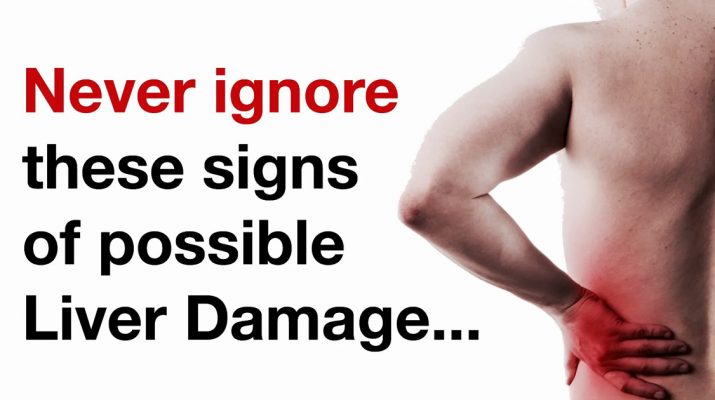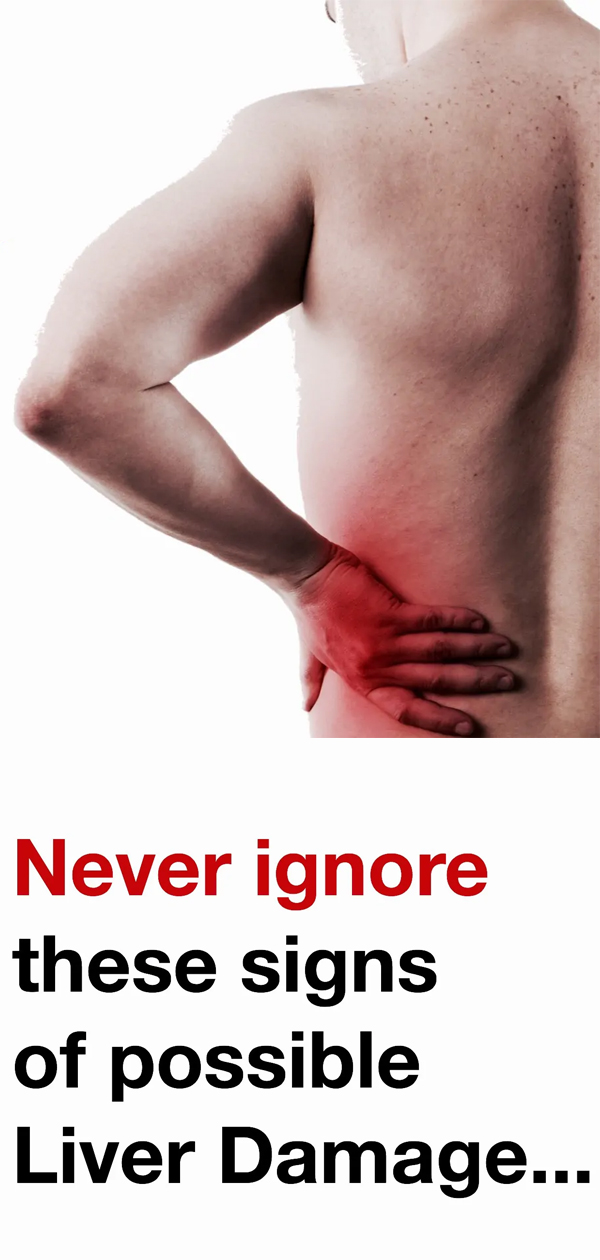Liver disease rates are steadily increasing over the years. According to National statistics in the UK, liver diseases have been ranked as the fifth most common cause of death. Liver diseases are recognized as the second leading cause of mortality amongst all digestive diseases in the US. – World Gastroenterology Organization
A properly functioning liver is vital to our health. Among other things, the liver:
– Cleanses blood by metabolizing alcohol, drugs (prescription and recreational); and neutralizing poisonous substances.
– Manufactures essential body proteins, including those that prevent blood-clotting, open pathways for nutrient delivery to the blood, and proteins that ward off infection.
– Produces cholesterol; converting it into essential substances used by the body.
– Regulates energy supply by manufacturing, storing and delivering glucose to the body and brain.
– Regulates the balance of hormones, including those of the adrenal and thyroid glands.
The potential causes of liver damage are numerous and include heredity (i.e., genetic predisposition), long-term liver diseases (ex: cirrhosis), and prolonged exposure to toxic substances.
It is important to understand potential signs of liver damage in order to preserve our health and wellbeing.
Here Are 7 Possible Signs Of An Impaired Liver:
1. FATIGUE
Various research has concluded that chronic fatigue and exhaustion are the most common symptoms of liver damage. Medical professionals speculate that liver-related fatigue and exhaustion is a byproduct of neurochemical changes in the brain and hormonal imbalances.
Exacerbating the feelings of fatigue and exhaustion are elevated levels of toxic byproducts in the blood, which an impaired liver cannot properly eliminate.
2. Dry Or Irritated Skin
Irritated and itchy skin that seems to persist is another potential indication of liver damage. To be healthy, our skin requires moisture via transmission of fluids within the body. When this fluid is not adequately supplied, it is not uncommon for the skin to take on a different appearance; this includes reddening of the hands or feet, yellowing of the mucous membranes (i.e., jaundice), or inexplicable spotting (dark or light) in certain areas.
3. Abdominal Pain
If the liver is damaged, it is common to feel pain around the abdominal area. Patients often describe this pain as “stabbing” or “throbbing” – a symptom often relieved only through proper treatment of the underlying issue.
Long-term use of some types of over-the-counter (OTC) or prescription (Rx) medications can result in long-term liver damage. Those experiencing persistent abdominal pain of the stabbing or throbbing variety – and have used OTC or Rx medications for a substantial period – should visit a physician for evaluation.
4. Nausea Or Vomiting
As mentioned prior, one of the liver’s primary functions is to detoxify and help expel any toxic substances from the body. When the liver’s detoxification function is impaired, a number of problems can surface, including sudden changes in normal digestion and metabolism.
The liver is a large organ within the digestive system; therefore, any liver-related condition can manifest into digestive problems. Nausea and vomiting frequently occur due to the accumulation of toxins that the liver cannot eradicate.
5. Bruising
Among the liver’s most important roles is to assist in the production of necessary protein enzymes. One classification of protein enzymes helps to prevent blood clots. When this blood-clotting mechanism is impaired, changes to the skin’s appearance are common.
Relatedly, according to the National Institute of Diabetes and Digestive and Kidney Diseases, “When the liver slows the production of or stops producing the proteins needed for blood clotting, a person will bruise or bleed easily.”
6. Abdominal Swelling
According to the Mayo Clinic, liver damage disrupts the normal flow of blood to the organ, which increases pressure in the surrounding veins. These “surrounding veins” include those responsible for transporting blood from the spleen and intestines to the liver. Disruption of this process causes blood pressure levels to spike – a condition known as portal hypertension.
Portal hypertension causes the accumulation of fluid around the abdomen; a condition called ascites. Ascites may also arise from the liver’s inability to make other blood proteins.
7. Jaundice
Liver problems can cause discoloration of the eyes and skin. This discoloration happens because of the buildup of a bile pigment called bilirubin, which cannot be properly be disposed of.
Yellowish hueing of the skin or eyes is called jaundice. Aside from altering the eye’s appearance, jaundice can cause other symptoms including darkening of the urine, full-body itching, and cognitive impairment.
The great news is that the liver is a highly adaptive and resilient organ when treated, and is often capable of healing itself. Under the guidance of a medical professional, most liver-related illnesses receive a positive prognosis.
It is wise to consult with a medical professional if any of these symptoms persist. As with most medical conditions, the earlier that the underlying cause is determined, the more streamlined and efficient any treatment.


